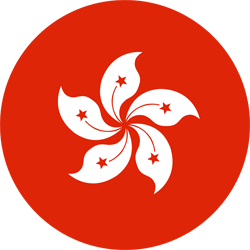A new study by researchers at the University of Cape Town’s FitzPatrick Institute of African Ornithology reveals that the amount of plastic in petrels (seabirds) nesting on Inaccessible Island in the South Atlantic Ocean has remained steady since the 1980s.The study’s findings were published in the journal Science of the Total Environment.Petrels can serve as markers of plastic contamination at sea. Fulmars (tubenosed seabirds) that breed near more populated places, for example, have more plastic in their bodies than those that reproduce in remote Arctic regions. Given the constant…
UCT Study finds minimal change in plastic pollution levels in seabirds since 1980
News























